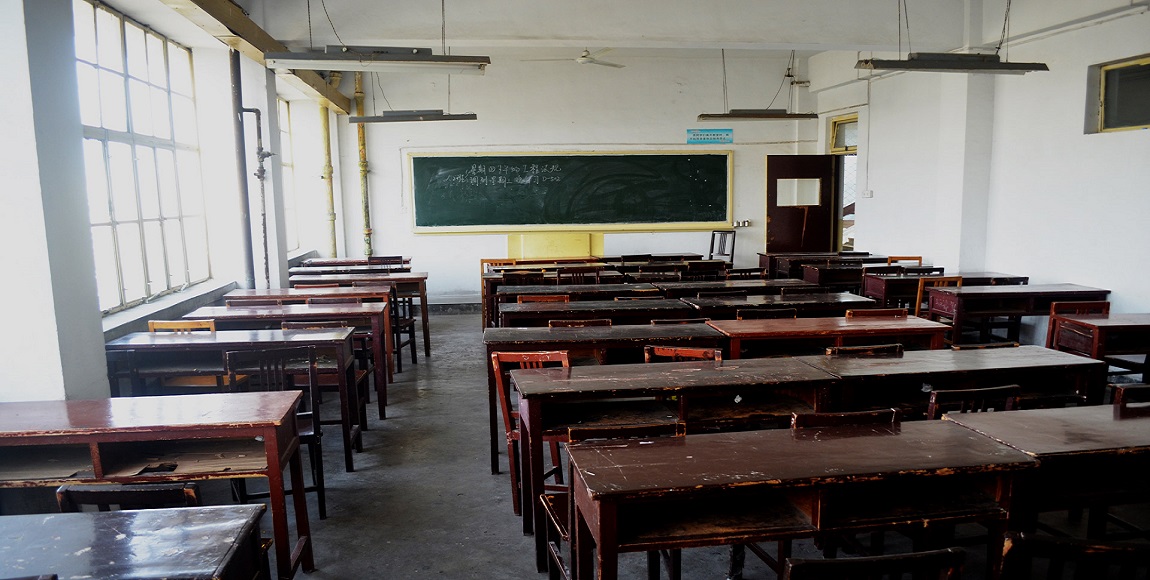Reports of racism in South African schools are common. The most recent report of racism was at Cornwall Hill College in Pretoria where learners held a protest against racist behaviour and policies at the school. But what happens when the cameras leave? We took a look at some events from the recent past to identify how schools are transforming.
San Souci Girls High School Cape Town
In 2016 San Souci Girls High school was alleged to have been prohibiting their learners from speaking isiXhosa on school property. Years earlier the school was also alleged to have prohibited learners from wearing braids and afros; all anti-Black policies. The Western Cape Education department (WCED) stated they consulted with the school governing body to investigate the allegations. The WCED conducted an investigation, and found that discriminatory practices do exist. The school was given one month to revise its code of conduct and hair policy. The code of conduct was revised in 2017.
Related:
Read more: From birds’ nests to being told to fix afros – people open up about racism in SA schools
Pretoria High School for Girls
In 2016, students at the Pretoria High School for Girls organised a protest against rules and regulations on the hair of black students. The protest emerged from weeks of incidents involving black girls’ hair and allegedly racist and inappropriate comments by teachers. The students led by 13-year-old Zulaikha Patel were met with police presence at their school instead of solutions to the issues. After the protests, the school suspended the racist hair policies. An independent body was set up to investigate the claims of racism, the deployment of police and security forces at the school. After the investigation found the school has discriminatory policies, the governing body said they would implement the recommendations.
Related:
Clarendon High School East London
In 2020, old girls from the East London school started detailing on social media their experiences with racism at the school, going back years. In light of the Black Lives Matter protests a letter was circulated from the school asking learners to voice their concerns. It sparked a movement with the former pupils to challenge their lived experiences at Clarendon. The Eastern Cape Education’s Chief Director of Communications, Dr Naledi Mbude confirmed they started to investigate at the time, and infamously said “policies don’t change the way people behave”.
St John’s College
In July 2017, a teacher from St John’s College in Johannesburg was found guilty of serious misconduct for making racist comments. The teacher was found guilty of three charges; contravening the South African Council of Educators (SACE) Code of Conduct, making racist and derogatory statements and for bringing the school into disrepute.
Related:
Pressure to transform grows at St John’s College
Northern Cape High School
In 2019, a group of girls were racially abused by a male teacher at the school. The teacher reportedly told the learners they were dirty and didn’t deserve to be in the school. He also called the learners the “k” word. A disciplinary hearing was brought against the teacher and the school promised punishment would be meted out. At the time the teacher was not suspended from the department.
The department also said the school would only need to implement a programme if the teacher was found guilty. The actions by this school and department showed what should not be done. Whether racist acts and abuse take place or not, there still needs to be programmes at schools for teachers and parents to inform them about better ways of being.
Related:
What exactly does non-racialism mean in 2020
The government response:
In 2019, the government released the National Action Plan (NAP) to combat racism, racial discrimination, xenophobia and related intolerance. The plan committed all sectors of South African society to the promotion and protection of human rights, and to raising awareness of anti-racism, equality and anti-discrimination issues. It called for a partnership between
government departments and Chapter Nine institutions in implementing anti-racist and anti-discrimination education.
With regards to schools, the NAP recognised that one of the biggest challenges is that schools and institutions of higher learning are not fully integrated. The plan said it was imperative to integrate anti-racism training and education into the curriculum.
Related:
Asanda Ngoasheng: Why racial sensitivity and social justice training must begin at school
Part of the plan is an action to reverse the legacy of apartheid education. The timeframe of implementation of the action is from 2019-2024. It aims to create a new, inclusive culture of learning,including programmes aimed at combating racism and racial discrimination.
But as Jerome Joorst, lecturer in Education Policy Studies at Stellenbosch University wrote, legislation alone is not going to solve the issue. Joorst said: “A mind shift is needed at a national level.”
Reporting by Kelly Mutizira, Ling Shepherd and Fatima Moosa.









